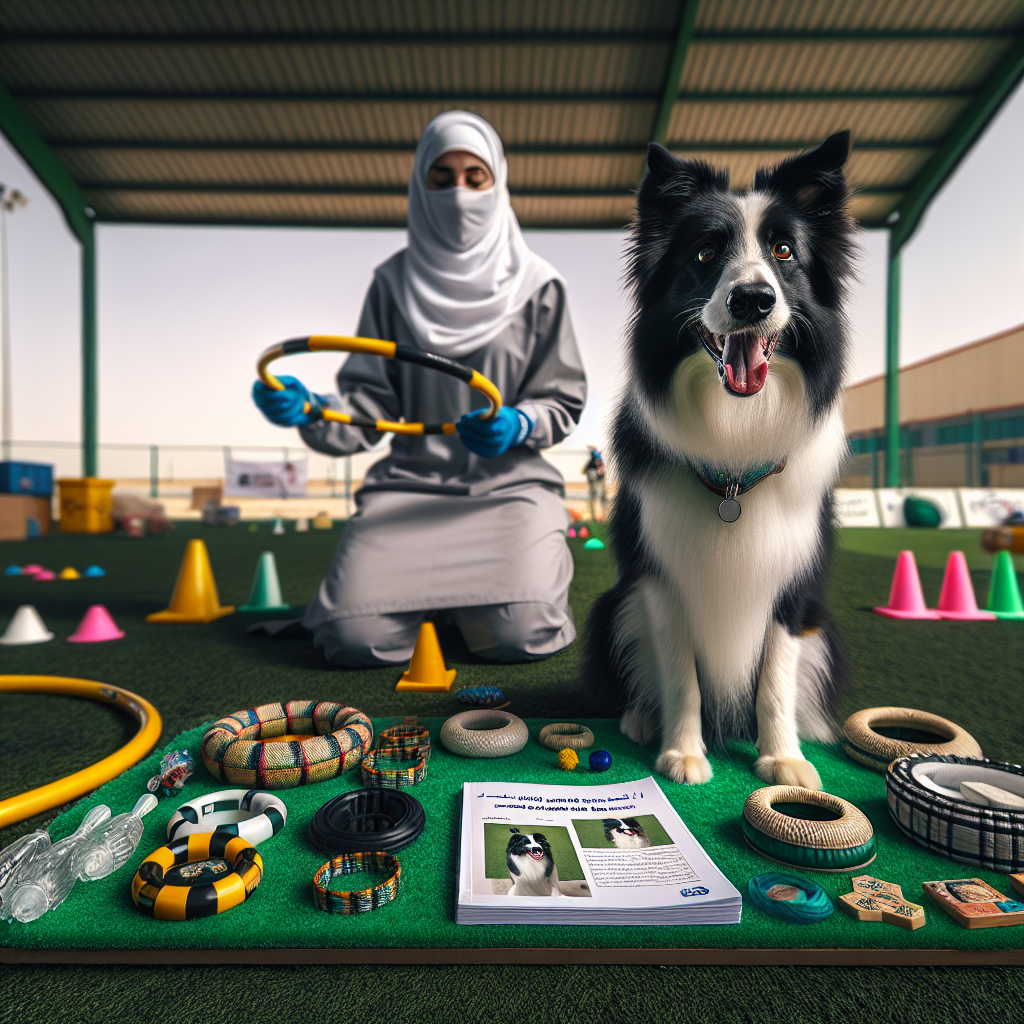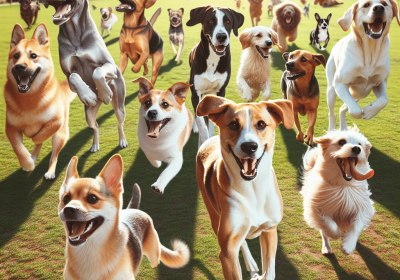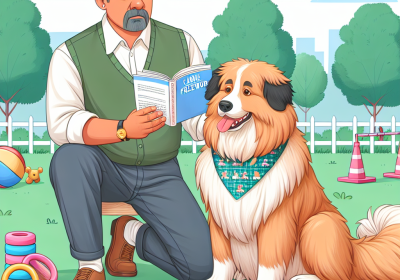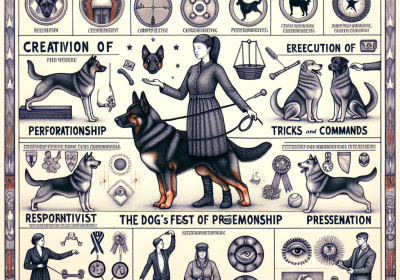How to Train for Canine Freework Competitions
Table of Contents
- Building a Strong Foundation: Essential Skills for Canine Freework Training
- Advanced Techniques: Elevating Your Dog’s Performance in Freework Competitions
- Mental and Physical Conditioning: Preparing Your Dog for the Rigors of Freework Events
Training for canine freework competitions involves a combination of physical conditioning, obedience training, and skill development to ensure that both the dog and handler perform at their best. Freework, a discipline that showcases a dog’s agility, obedience, and creativity, requires a structured training regimen that focuses on building a strong bond between the dog and handler, enhancing the dog’s physical abilities, and refining specific freework skills. This introduction will outline the essential steps and considerations for effectively preparing for canine freework competitions, including selecting the right dog, establishing a training schedule, incorporating diverse exercises, and maintaining the dog’s health and well-being. By following these guidelines, handlers can optimize their training approach and increase their chances of success in the competitive arena.
Mental and Physical Conditioning: Preparing Your Dog for the Rigors of Freework Events
Training for canine freework competitions requires a comprehensive approach that encompasses both mental and physical conditioning. To prepare your dog for the rigors of these events, it is essential to understand the multifaceted nature of the training process. This preparation not only ensures that your dog performs optimally but also safeguards their well-being throughout the competition.
To begin with, mental conditioning is a critical aspect of training for freework competitions. Dogs must be able to focus and respond to commands amidst various distractions. One effective method to enhance mental acuity is through consistent obedience training. This foundational training establishes a strong communication channel between you and your dog, which is crucial during high-stress situations. Incorporating advanced commands and problem-solving exercises can further sharpen your dog’s cognitive abilities. For instance, teaching your dog to navigate through complex obstacle courses or solve puzzles can significantly improve their mental resilience.
In addition to obedience training, socialization plays a pivotal role in mental conditioning. Exposing your dog to different environments, people, and other animals helps them become more adaptable and less anxious in unfamiliar settings. Regular visits to parks, participation in group training sessions, and controlled interactions with other dogs can greatly enhance your dog’s social skills. This adaptability is particularly beneficial during competitions, where the environment is often unpredictable and bustling with activity.
Transitioning to physical conditioning, it is imperative to develop a structured exercise regimen tailored to your dog’s specific needs. The physical demands of freework competitions require a high level of stamina, strength, and agility. A balanced exercise program should include cardiovascular activities such as running or swimming to build endurance. Additionally, incorporating strength training exercises like tug-of-war or weight pulling can enhance muscle development. Agility drills, such as navigating through tunnels, jumping over hurdles, and weaving through poles, are also essential components of physical conditioning. These exercises not only improve your dog’s physical capabilities but also reinforce their ability to follow commands under physical strain.
Moreover, nutrition plays a significant role in physical conditioning. A well-balanced diet that meets your dog’s nutritional requirements is fundamental to their overall health and performance. Consulting with a veterinarian to develop a diet plan that includes high-quality proteins, fats, and carbohydrates can ensure that your dog has the energy and nutrients needed for rigorous training sessions. Hydration is equally important, as it helps maintain optimal body function and prevents fatigue during intense activities.
Another crucial aspect of preparing for freework competitions is injury prevention. Regular veterinary check-ups are essential to monitor your dog’s health and address any potential issues before they become serious. Additionally, incorporating warm-up and cool-down routines into your training sessions can help prevent injuries. Stretching exercises and gentle massages can improve flexibility and reduce muscle stiffness, thereby minimizing the risk of strains and sprains.
Finally, it is important to maintain a positive and encouraging training environment. Positive reinforcement techniques, such as treats, praise, and play, can motivate your dog and make the training process enjoyable. Building a strong bond with your dog through trust and mutual respect is fundamental to their success in freework competitions.
In conclusion, preparing your dog for the rigors of freework events requires a holistic approach that integrates mental and physical conditioning. By focusing on obedience training, socialization, structured exercise, proper nutrition, injury prevention, and positive reinforcement, you can ensure that your dog is well-equipped to excel in canine freework competitions. This comprehensive preparation not only enhances performance but also promotes the overall well-being of your canine companion.

Read more about Canine Freework
Canine Freework Competitions
The Ins and Outs of Canine Freework Competitions
Popular Canine Freework Competitions Around the World
How to Train for Canine Freework Competitions
Judging Criteria for Canine Freework Competitions
Tips for First-Time Competitors in Canine Freework






![The Dog Podcast Uncovers Startling Truths About What We Feed Our Dogs [Press Release]](https://theblogwave.com.au/wp-content/uploads/2024/08/canine-food-scaled-400x280.jpg)


